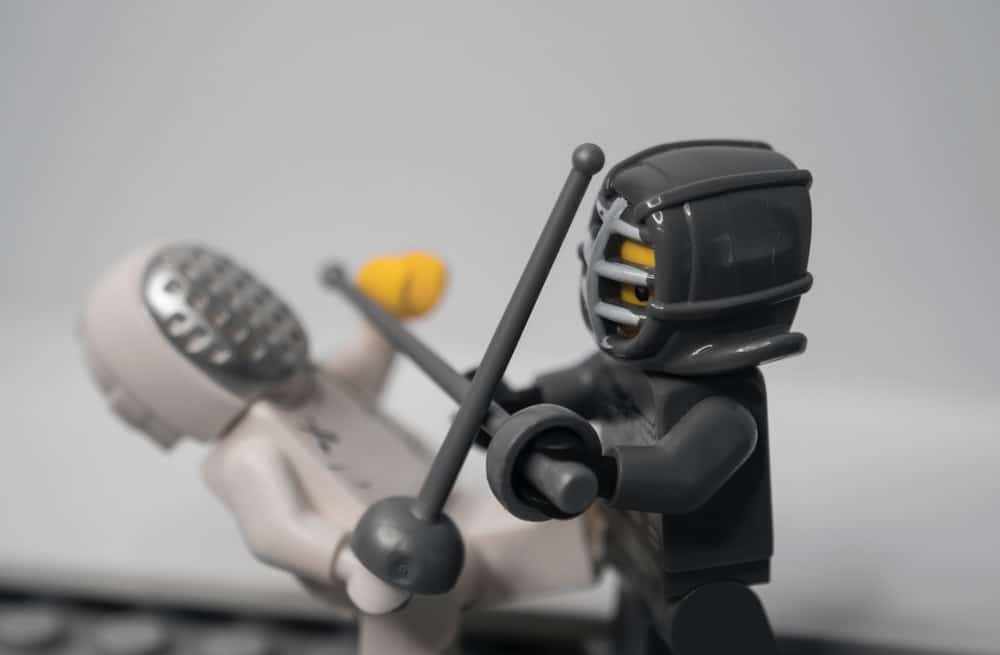
As a parent, you probably understand that kids get frustrated from time to time. Younger children can have a hard time knowing how to express their feelings in healthy, effective ways. As they grow and learn, you can show them how to deal with frustration and even anger the right way.
However, some children struggle with aggression more than others. They might not be able to fully sort out what they’re feeling, even with guidance. Imagine how frustrating that would be.
In turn, it’s frustrating for you. It’s not uncommon for parents who have aggressive children to feel overwhelmed, or even worried about how that aggression might impact their child’s life.
One way of helping your child deal with aggression is through play therapy.
Play therapy meets your child where they are. After all, what kid doesn’t love to play and use their imagination? But it goes far beyond that. Let’s look at what play therapy is and how it can help your child deal with their aggression.
What is Play Therapy?
Play therapy uses a variety of methods to harness children’s natural desires to explore and interact. It is an age-appropriate method that allows children to play with different toys, crafts, and other supplies in a way that makes them feel comfortable.
In doing so, play therapy also gives those children the opportunity to open up in ways they might not in traditional therapy settings. Some play therapy is “free”, letting the child do whatever comes naturally. Other forms are more guided, where a therapist will ask questions as to why a child is doing a certain thing, or how something makes them feel.
This approach is more natural to children since they’re already doing something they understand and enjoy. It can feel less invasive and overwhelming.
What Can Play Therapy Do for Aggression?
That does a few different things.
First, it allows them to release physical tension. That can make a big difference in how frustrated and aggressive they actually feel. So, they’re likely to be calmer as they open up and express themselves. If play therapy is specifically being used for aggression, the therapist might have things available that are “meant” to be broken or smashed, like Play-Doh or bubble wrap.
Second, play therapy allows the therapist to get to the “root” of your child’s aggression. They might ask why they’re feeling angry or frustrated, and how breaking a toy or smashing something makes them feel.
How Play Therapy Helps Your Child Move Forward
Once that “root cause” is discovered, your child can learn how to manage their aggression. For example, if they have an outlet for their anger, they’re less likely to take that aggression out on peers or adults.
A therapist can also help your child work through the underlying cause. Maybe it’s a change in your family, a move to a new school, or a divorce that’s affecting them more than you realize.
Whatever the case, there is usually something more going on beneath the surface when a child is aggressive. Giving them an outlet while working through those issues is one of the best ways to combat their aggression now and help them manage it on their own in the future.
——-
If you have a child who is struggling with aggression, you’re not alone. Play therapy could help your child express and regulate their emotions in a different way, bringing more peace and harmony to your family. Contact us for more information on what play therapy is and how it can help your child. Serenity EFTC offers play therapy in Colorado.
